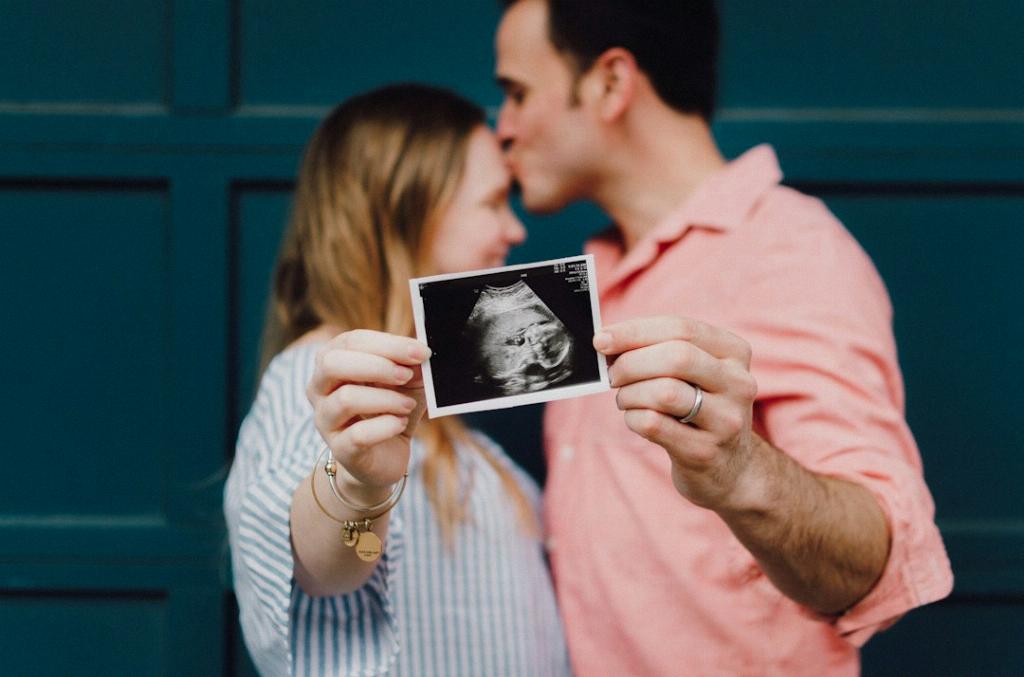When it comes to taking a pregnancy test at 10 Days Past Ovulation (DPO), many factors come into play to determine the accuracy of the results. It’s crucial to consider the window of time during which a pregnancy test can detect the hormone hCG (human Chorionic Gonadotropin) in your urine.
Implantation and Hormone Levels
Implantation, which is when the fertilized egg attaches to the uterus lining, can occur as early as five to six days DPO. Following implantation, the hCG hormone begins to be produced, with levels rising rapidly in the early stages of pregnancy. While some tests claim to detect hCG as early as eight days DPO, it’s essential to remember that these early tests may not always provide the most accurate results.
Optimal Timing for Testing
Most healthcare professionals recommend waiting until at least 14 DPO to take a pregnancy test for the highest level of accuracy. Testing too early, such as at 10 DPO, can result in false negatives due to low hCG levels that may not be detectable by the test. Waiting until closer to your expected period can yield more reliable results.
Variability in Testing Accuracy
Accuracy can also vary depending on the brand of the pregnancy test used. Some tests are designed to detect lower levels of hCG, making them more sensitive and potentially providing accurate results earlier in the pregnancy. However, sensitivity levels can differ between brands, affecting the reliability of the test results.
Factors Affecting Test Results
Various factors can impact the accuracy of a pregnancy test at 10 DPO. These factors include the sensitivity of the test, the concentration of hCG in your urine, the timing of implantation, and individual differences in hCG production. It’s crucial to consider these variables when interpreting the results of an early pregnancy test.
Interpreting Early Results
While it can be tempting to take a pregnancy test early for peace of mind, it’s important to understand the limitations of testing accuracy at 10 DPO. A negative result at this stage does not necessarily mean you are not pregnant, as hCG levels may still be too low to be detected by the test. It’s advisable to wait until closer to your expected period for more reliable results.
Seeking Professional Guidance
If you have concerns about the accuracy of a pregnancy test at 10 DPO or are unsure about the results, it’s always best to consult with a healthcare provider. They can offer guidance on when to take a test, how to interpret the results, and provide additional testing if needed to confirm a pregnancy.
Managing Expectations
It’s essential to manage your expectations when taking a pregnancy test at 10 DPO. While early testing can provide some insight into your pregnancy status, it’s not always definitive due to the fluctuation of hCG levels in the early stages of pregnancy. Being prepared for potential uncertainties can help reduce anxiety and stress during the testing process.
Considering Repeat Testing
If you receive a negative result at 10 DPO but suspect you may still be pregnant, consider waiting a few days and repeating the test. Waiting a few days can allow hCG levels to rise sufficiently to be detectable by the test, increasing the accuracy of the results. Repeat testing can help provide a clearer picture of your pregnancy status.
Emotional Impact of Early Testing
It’s important to recognize the emotional impact of early pregnancy testing. The anticipation, uncertainty, and potential for conflicting results can take a toll on your mental well-being. Seeking support from loved ones, engaging in self-care activities, and staying informed about the testing process can help manage the emotional aspects of early pregnancy testing.
Conclusion
Testing for pregnancy at 10 DPO can be a complex and emotional experience, influenced by various factors that affect the accuracy of the results. Understanding the limitations of early testing, considering the timing of implantation, and being aware of individual differences in hCG production are essential aspects of interpreting test results. By approaching early pregnancy testing with knowledge, patience, and self-care, you can navigate this process with greater ease and understanding.

